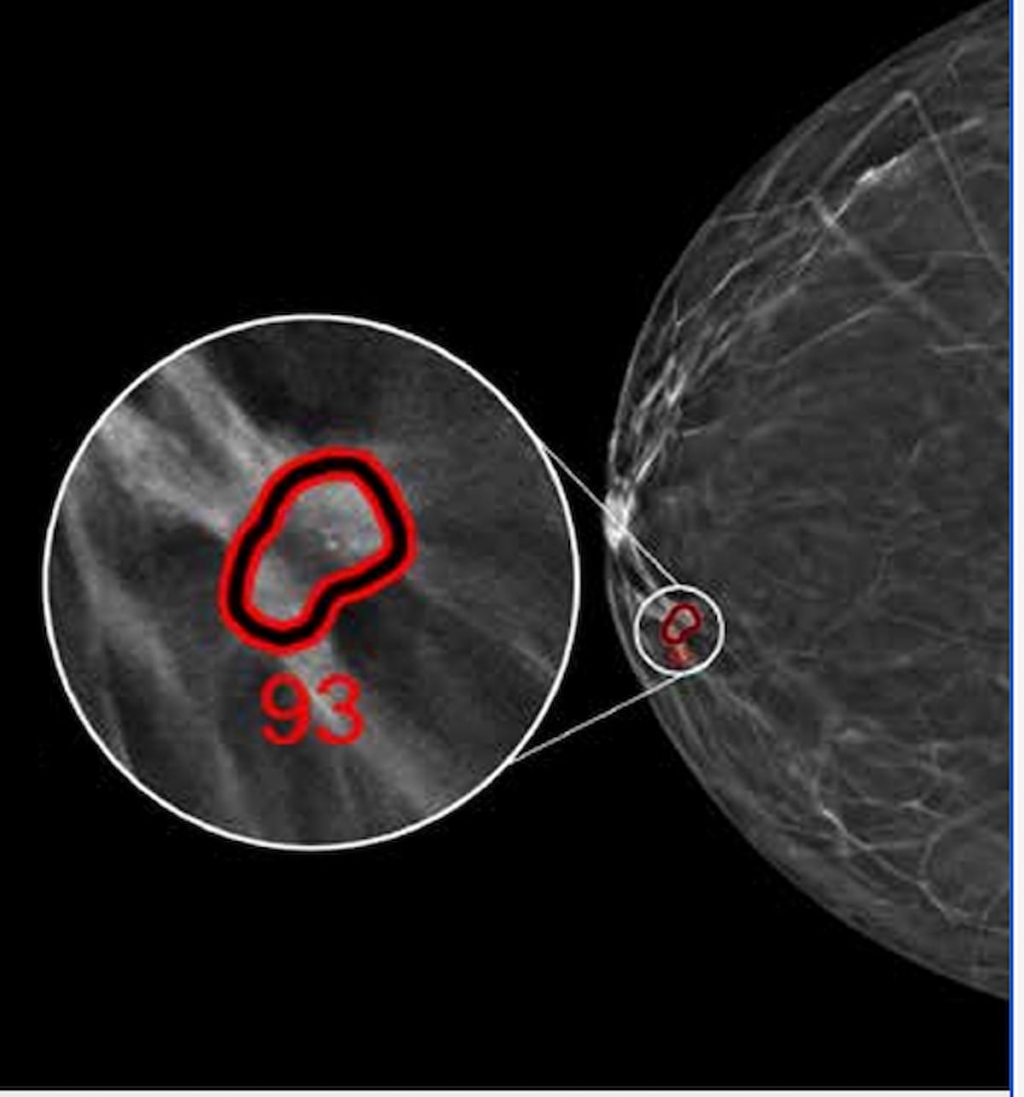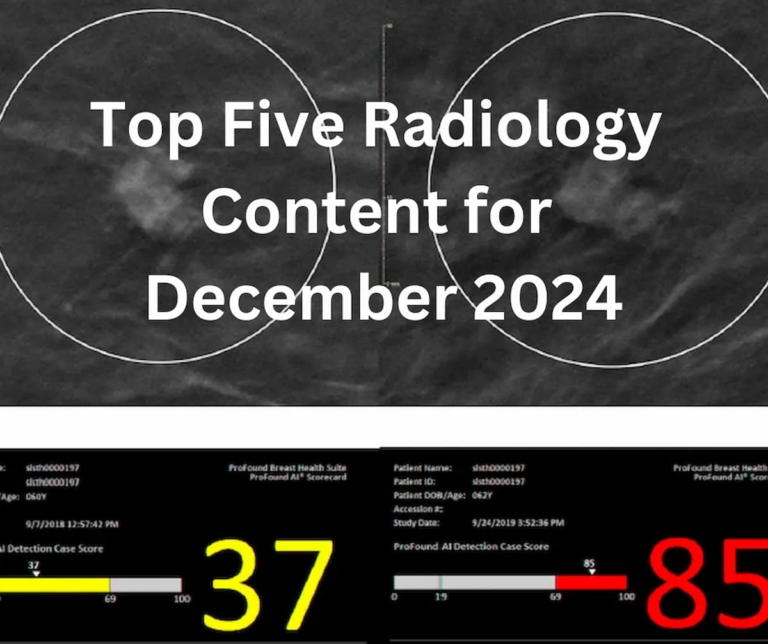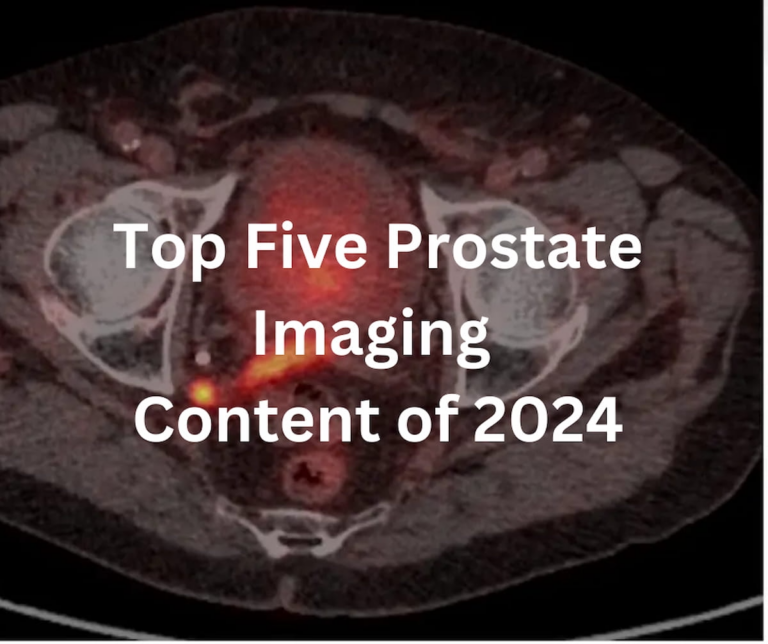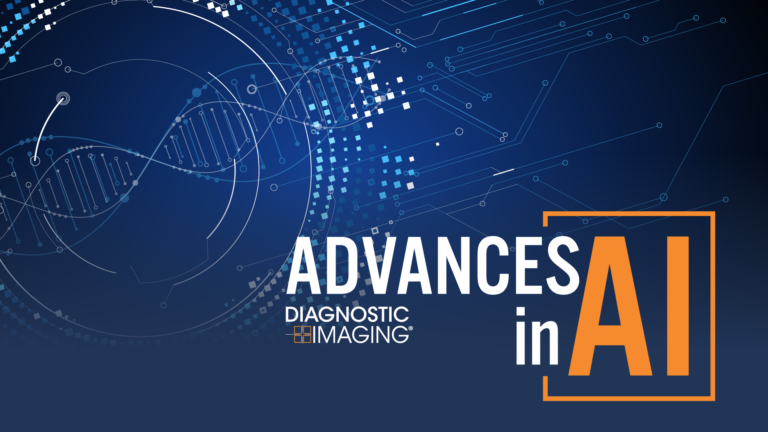
The ProFound Detection Version 4.0, a cutting-edge software designed for digital breast tomosynthesis (DBT) and powered by artificial intelligence (AI), has recently received the 510(k) clearance from the Food and Drug Administration (FDA). This latest iteration enhances the detection of breast cancer, particularly in women with dense breast tissue, and improves the diagnosis of invasive lobular cancer.
Produced by iCAD, ProFound Detection Version 4.0 surpasses its predecessor by offering a 50% improvement in identifying breast cancer in women with dense breasts. This enhancement showcases the software’s capabilities in tackling one of the more challenging aspects of breast cancer diagnostics, where traditional methods often struggle.
According to iCAD, Version 4.0 provides a significant leap in identifying invasive lobular cancer, showing a 60% improvement over the previous version of the software. Moreover, it demonstrates a 38% increase in detection of cancers smaller than 1 cm and a 21% boost in identifying invasive breast cancer. Such advances are crucial as they contribute to the early and accurate diagnosis of cancer cases which are often harder to detect.
Dr. Chirag Parghi, the chief medical officer at Solis Mammography, emphasized the impact of this new software in advancing breast cancer detection. He pointed out that the software’s improved ability to identify subtle and invasive cancers, especially within dense breast tissues, alleviates a significant challenge faced in breast imaging today.
One of the critical enhancements of ProFound Detection Version 4.0 lies in its ability to reduce false positives. iCAD states that there is a 20% reduction in vascular calcification-related markings and a 51% reduction in non-vascular calcification-related markings, promising more accurate and reliable results. This feature is instrumental in minimizing unnecessary stress and procedures for patients, allowing them to receive more precise evaluations.
Additionally, the software offers radiologists a convenient feature by allowing them to integrate a prior DBT examination into the AI analysis. This enables a more comprehensive overview of a patient’s history, potentially leading to more informed and precise diagnostic decisions.
ProFound Detection Version 4.0 is expected to be a highlight at the upcoming Radiological Society of North America (RSNA) 2024 Annual Meeting, where it will be showcased extensively. Attendees will have the opportunity to see firsthand how the software can enhance various aspects of breast cancer detection and diagnosis.
Overall, the introduction of ProFound Detection Version 4.0 marks a significant step forward in breast cancer diagnostics. Its AI-driven capabilities provide a more robust tool for healthcare professionals to detect and diagnose breast cancer effectively, addressing some of the most challenging issues faced in the field today. As the medical community continues to seek out advanced methods for improving patient outcomes, innovations like ProFound Detection Version 4.0 play a crucial role in shaping the future of cancer diagnostics.


